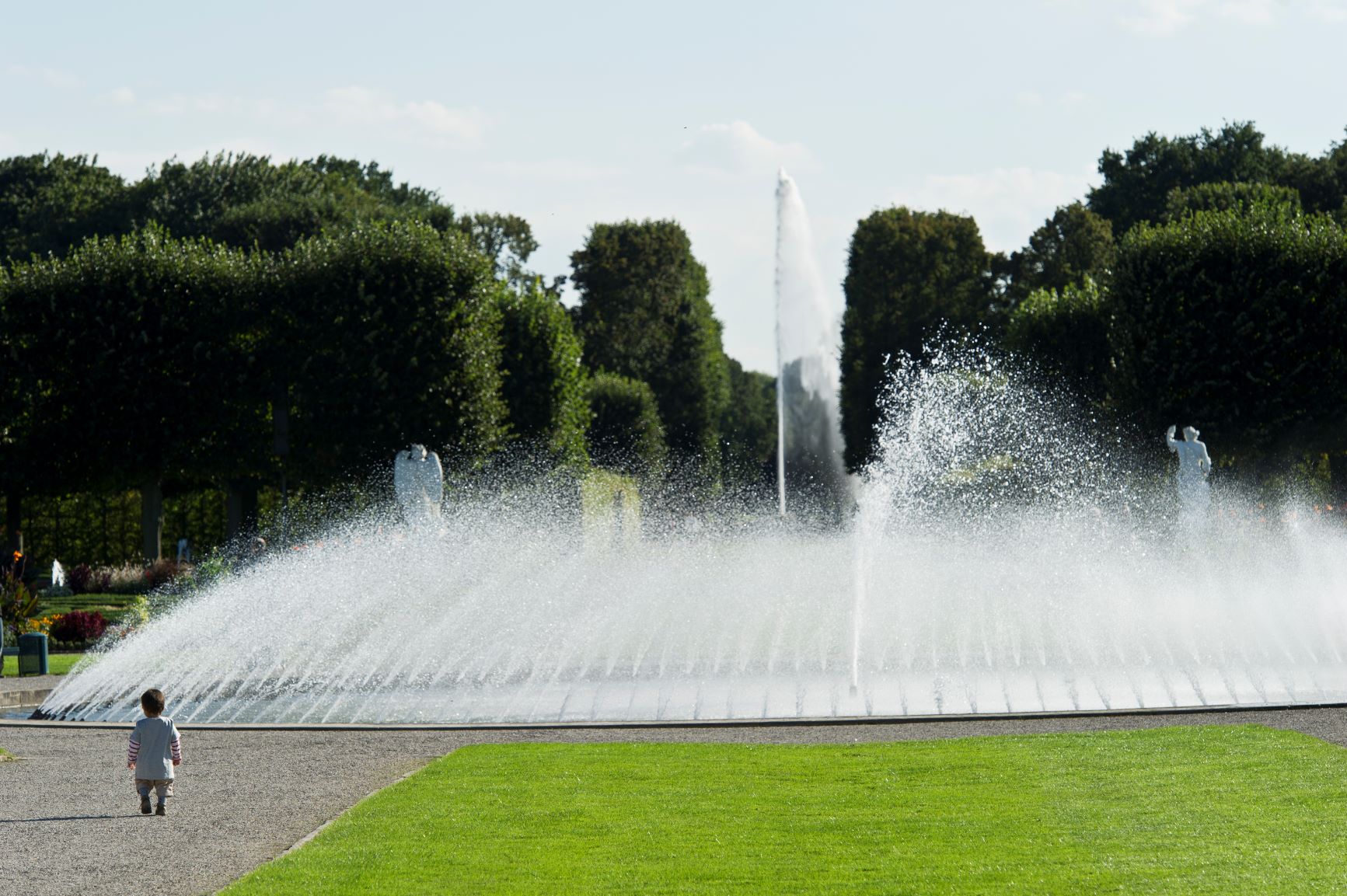London Collective launch project to gather opinion and data about London’s parks
Two unexpectedly positive effects of the Covid-19 crisis have been the renewed interest in the value of community and the role of the park in everyone’s life. Both have been transformed from ‘nice-to-have’ into critical resources: not for decades have our city parks been so appreciated as places to exercise or socialise.
The City of London Corporation manages and protects 11,000 acres of green space in the Capital, including Hampstead Heath, Epping Forest, West Ham Park and over 200 small sites in the Square Mile. It is participating in a major London Collective project to gather opinion and data about London’s parks, using ideas crowdsourced from the public to produce a vision – including designs and recommendations – for the ways they could be future-proofed and become even more valuable.

Joining the City of London Corporation in the initiative is the smart infrastructure arm of Siemens and the urban design teams of the London Collective and Dar Group. Using the industry-leading Commonplace engagement platform, the three-month research project, launched today at https://parkpowermap.commonplace.is, will reach contributors from all walks of life across London, asking them how they use parks, what they enjoy about them, and what they think could be improved. Questions are grouped around the themes of health and wellbeing, food, art, events, music, heritage, safety and digital connectivity – and with Covid-19’s dual challenges of social distancing and social connection in mind.
Oliver Sells, Chairman of the City of London Corporation’s City Gardens and Open Spaces committee, said: “The City Corporation looks after a vast range of open spaces, from the pockets of green in the Square Mile to the unique beauty spot which is Hampstead Heath. Through Covid-19 we have seen a wide and substantial increase in the use of our spaces, with new visitors and people using them in different ways. We need to be constantly aware of how people are using our parks, to know what they need from them and how they add to the wellbeing of urban residents and tourists – whilst also protecting these spaces. We are excited to see the outcomes of this project and look forward to sharing the findings with other towns and cities in the UK.”
Max Farrell, Founder & CEO of the London Collective, says, “Parks are playing a heroic role during this crisis. They are our ‘Natural Health Service’, and we should care for them and nurture them in return. This project will encourage people to really think about the power of parks and green spaces, and what they need in order to play an even more vital role in our everyday lives. We want Londoners to write the brief for the parks of the future.”
Dan Raven-Ellison, founder of London National Park City, says,“London is the world’s first National Park City and almost half of it is green space, making a major contribution to our health and wellbeing. We need to ensure parks meet the needs of future populations as well as those of the other species that inhabit them. Having a positive vision for a park of the future, based on input from Londoners, will be a big step in the right direction.”
Frank Bruno, founder of mental health charity the Frank Bruno Foundation, adds, “I am delighted with the connection between the London Festival of Architecture and the Frank Bruno Foundation. I have always been an advocate for exercise in the open air. Parks are the perfect place for exercise, quality family time and, when social distancing allows it, team games. Mental health issues do not go away and exercise in parks, from a simple walk to something more vigorous, can be an important part of dealing with mental health problems.”
Tim Webb, of GoParks.London, says: “Cities are all about people. These are the places we’ve chosen to live. We need space for children to play outside their front doors, space for people of all ages, and those spaces must always have the best quality nature we can nurture. People-centred cities are welcoming, inclusive, creative, attractive and prosperous.”
Mike Saunders, CEO of Commonplace, says, “We believe in the power of digital to enable meaningful engagement about the future of green spaces in London. This is an opportunity for a big conversation that enables people to see what their neighbours – as well as others much further away – are thinking about parks, and we hope will spark creativity and produce imaginative suggestions for how they could be evolved over the next decade.”
Nick Smith, International Relationships Director at Siemens, says, “We are very excited to be a partner in this important project. Digital technologies allow us to create smart parks – green spaces that are even better and safer to use. For example, Internet enabled bins could tell us when they’re full, so waste collection services can be run more efficiently. Lighting could automatically adjust depending on visitor levels; music could be programmed depending on where you are in the park and the time of day; mobile wayfinding apps could help people plan their visit. With a thorough understanding of how Londoners are actually using their parks, we’ll be able to make them work better for our communities’ needs.”
The project is part of the London Festival of Architecture, an event with a global audience which this year takes the theme of Power. The first stage of #ParkPoweropens today, 25th June. The London Collective will reveal the outcomes, designs and vision later in the summer.
